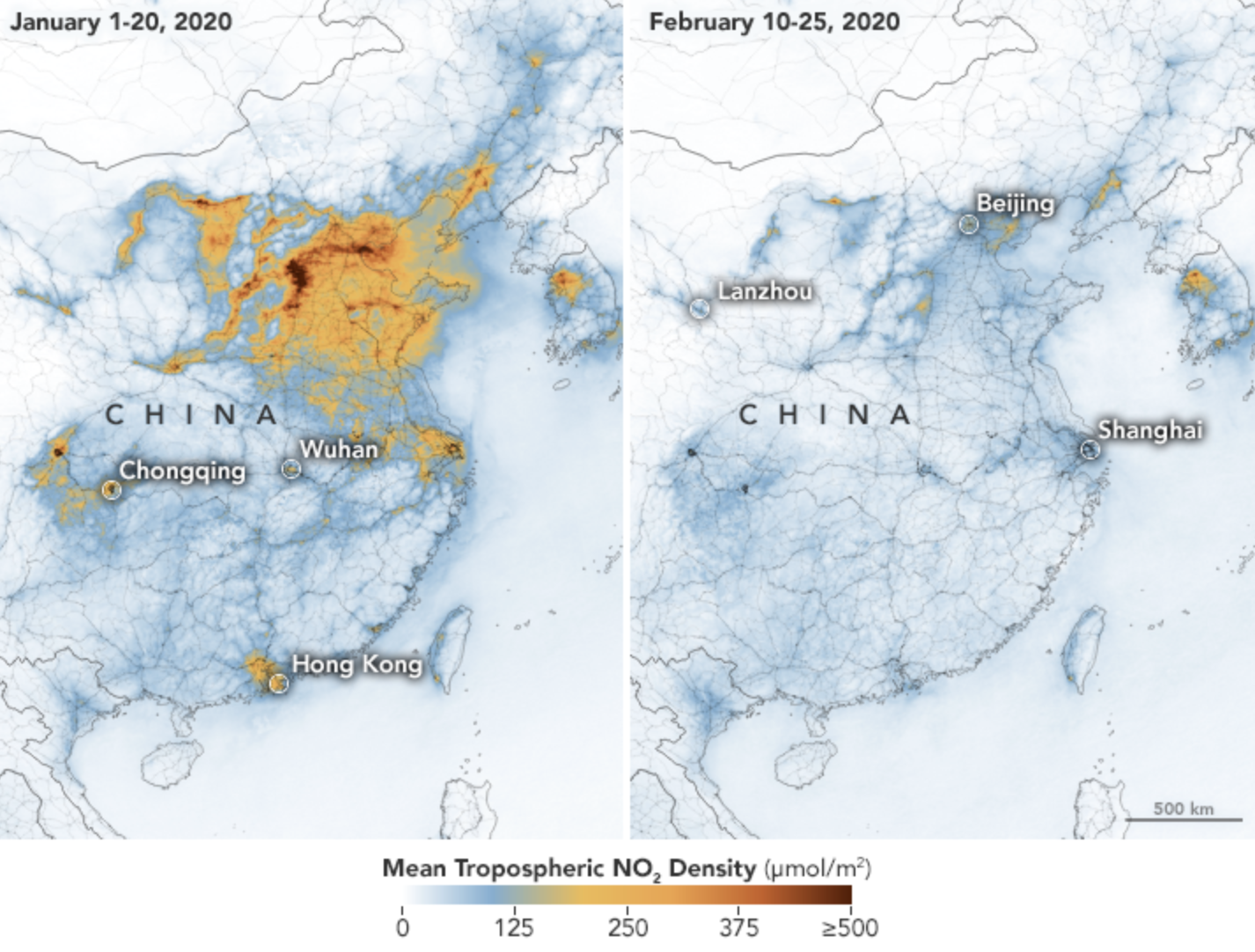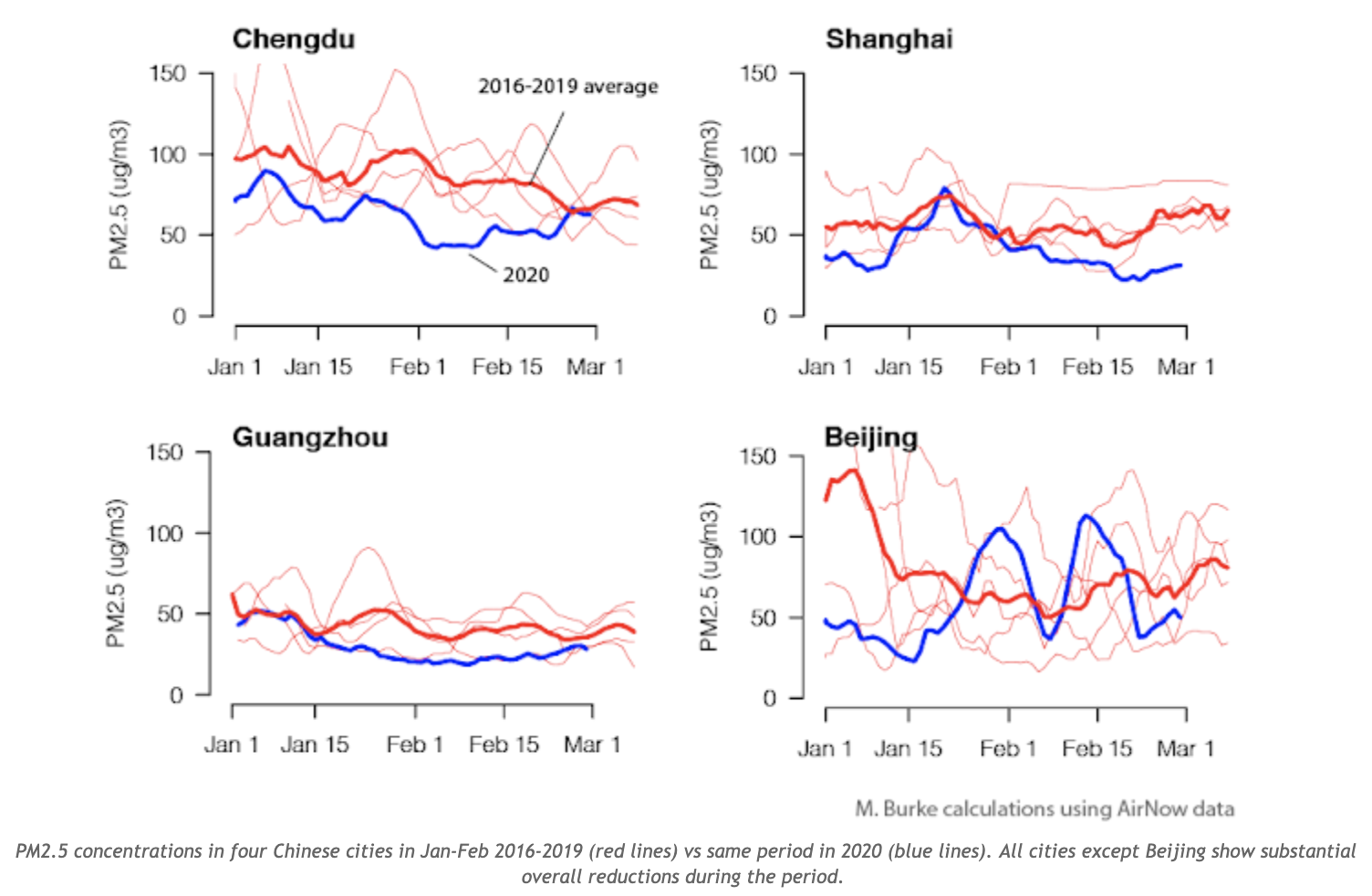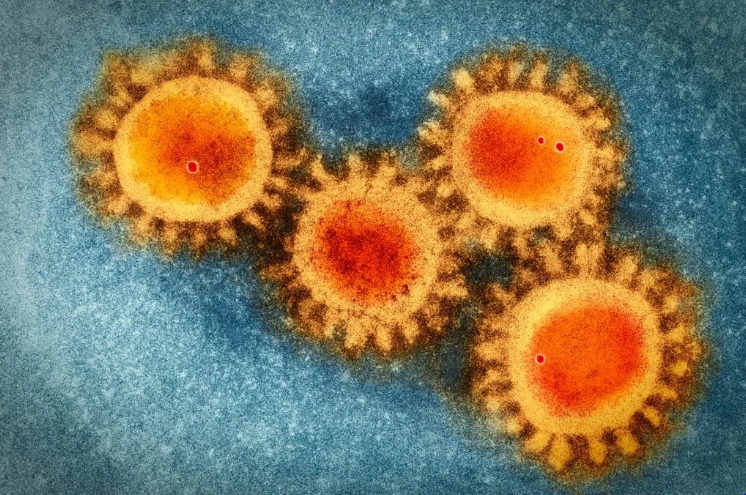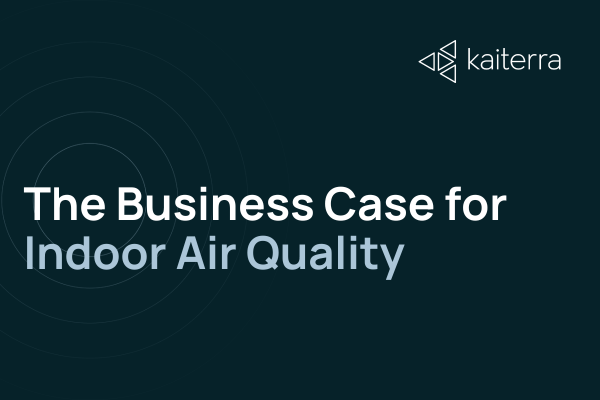Newsletter
Since first appearing in late 2019, the new coronavirus (COVID-19) has now become a global pandemic. Total cases have climbed beyond half a million (at the time of writing), and Western Europe and the USA have become hotbeds for new COVID-19 cases.
As governments all over the world have implemented policies and regulations for lockdowns and social distancing, we have seen empty streets, shuttered factories, and canceled flights. Interestingly, our air also seems clearer.
The Question: Is Air Quality Really Getting Better?
With people staying home and off the roads, there has been a massive reduction in NO₂ emissions. Nitrogen dioxide (NO₂) is a highly reactive, highly dangerous air pollutant produced through fossil fuel combustion in cars, trucks, and power plants. Satellite images from the European Space Agency (ESA) show a dramatic reduction in overall air pollution (but especially NO₂) in areas like Northern Italy, where mandatory lockdowns have been implemented to stop the spread of the virus.
How do we know the reduction is due to the new coronavirus, not another factor? As Claus Zehner puts it:
“Although there could be slight variations in the data due to cloud cover and changing weather, we are very confident that the reduction in concentrations that we can see, coincides with the lockdown in Italy causing less traffic and industrial activities.”
A previously published NASA study also showed how decreases in industrial, transportation, and business activity since the coronavirus outbreak had reduced levels of atmospheric nitrogen dioxide (NO₂) over China.

Within a month, swaths of NO₂ pollution over China have disappeared. (Source: NASA)
Despite the optimistic comparison, however, researchers also acknowledged that the change in just NO₂ alone in a short period of time does not guarantee the overall improvement in air quality for the whole country. After all, NO₂ is one pollutant of many, and other pollutants have a longer atmospheric presence than NO₂. One such pollutant is PM2.5, which is small, inhalable particles produced directly through combustion and indirectly through reactions by other pollutants like NO₂.
If we look into PM2.5, China’s main air quality nemesis in recent years, things become less clear. Research by the Centre for Research on Energy and Clean Air indicates that national PM2.5 levels have dropped since the lockdown, especially around the Shanghai area. However, Beijing air pollution is worse than last year — if we take a look at the daily AQI average of the first three months of 2020, there are still 46 days when air quality exceeded the EPA’s recommended health range.

While many locations on lockdown have clearer skies, Beijing is the exception. (Source: aqicn.org)
According to NASA researchers, besides aerosol emissions, air quality is also dependent on weather, such as wind patterns and humidity levels. The lockdown brought by the coronavirus isn’t necessarily improving air quality worldwide, but some areas may have a short-term air pollution reprieve.
Could the Coronavirus be Saving Lives?
With air pollution responsible for more than seven million deaths worldwide each year, a natural question to ask is: did air quality improvements save more lives than the new coronavirus took at the beginning of 2020?
First of all, we are not minimizing the seriousness of the coronavirus outbreak. The virus has taken the lives of thousands of people around the world and caused serious damage to our economy and society. However, it does provide an interesting perspective on the issue of air pollution and other environmental crises.
Earth Systems Professor Marshall Burke analyzed air quality data in China and formulated its effects on mortality caused by air pollution.

Source: Marshall Burke, G-feed
As Burke wrote in his blog, “having 2 months of 10μg/m³ reductions in PM2.5 likely has saved the lives of 4,000 kids under 5 and 73,000 adults over 70 in China.” He also provided another more conservative mortality calculation, but even then, the result still showed that 1,400 kids and 51,700 elderly may be saved.
When compared to the total deaths of over 30,000 globally, Burke’s study made a striking point that the coronavirus may be saving more lives than it has taken by improving air quality.
However, this issue is multifaceted and cannot be isolated from the bigger picture; Burke himself emphasizes that none of his calculations are intended to imply or suggest that pandemics are good, and as he puts it, "the harms brought by COVID-19 likely exceed any potential benefits from reduced air pollution."
This is an important point - after all, the world doesn’t operate solely on numbers, and these are people’s lives we are talking about, not figures or statistics.
What Can We Learn From the COVID-19 Outbreak?
The coronavirus is undoubtedly bringing pain and sorrow to people worldwide, and it’s definitely not some kind of blessing in disguise. We can all agree that the lockdown is not a long-term solution to fix environmental issues like air pollution and climate change. However, it does show that it is possible to improve our living environment. So, what can we learn from the COVID-19 outbreak to work towards a cleaner, healthier future?
According to Dr. Aaron Bernstein, a pediatrician and Interim Director of The Center for Climate, Health, and the Global Environment at Harvard's T.H. Chan School of Public Health (Harvard C-CHANGE), there is a link between air pollution and respiratory infections.
“Air pollution, particularly particulate matter air pollution, increases the risk of people getting sick with bacterial and viral pathogens that cause pneumonia, and that people who are exposed to more air pollution get sicker when they get exposed to those kinds of pathogens.”
- Dr. Aaron Bernstein
Although we don’t have enough evidence yet, given what we know about the virus and how it impacts our respiratory systems, it wouldn’t be surprising that there’s a direct link between air pollution and COVID-19 mortality rates. The SARS outbreak of the early 2000's demonstrated this connection, with the death rate doubling in polluted cities.

COVID-19 is an infection caused by SARS-CoV-12, pictured above.
Beyond the mortality rate, air pollution increases rates for chronic illness, which puts people at risk of developing serious symptoms that could put them in the hospital. Hospitals in many parts of the world are being overwhelmed, lacking the space and supplies necessary to treat everyone. Reducing overall susceptibility to viral respiratory infections, like the new coronavirus and SARS, will cut down the number of hospitalizations and help prevent the situation we are in right now.
Calling for Change
Lastly, let’s discuss the global reaction to the coronavirus in contrast with air pollution. To stop the spread of COVID-19, communities around the world have halted travel and commerce, limiting person-to-person contact as much as possible through recommended and required self-isolation. This kind of response is unprecedented in magnitude and scale, and only time will tell if these are the right moves to make.
But it begs the question: if there was another virus sweeping across the globe each year and killing over seven million people annually, how do you think we would (or should) respond? We would at least be aware of it, right?
We are not minimizing the seriousness of the coronavirus outbreak, nor are we suggesting that the coronavirus is somehow trivial in the face of air pollution. We are however of the opinion that, once we get the coronavirus under control, we shouldn’t just revert back to the status quo.
We see a world where we don’t think of air pollution as inevitable and we can take it as seriously as we do the coronavirus pandemic. Our commitment to saving human lives should hold strong in our hearts and minds regardless of what form the threat takes, whether virus or climate change.
Imagine this: if we just took a small part of the energy and effort we are currently using to battle the coronavirus and channeled it into air pollution mitigation efforts, we could save hundreds of thousands of lives each year.
We hope everyone stays safe and healthy during this stressful time. For more information on the coronavirus, we recommend checking out these sources:
For more information about air pollution:






.png?width=200&height=148&name=Menu%20C%20(2).png)

.png?width=307&height=228&name=Menu%20-%20D%20(1).png)
.png)




